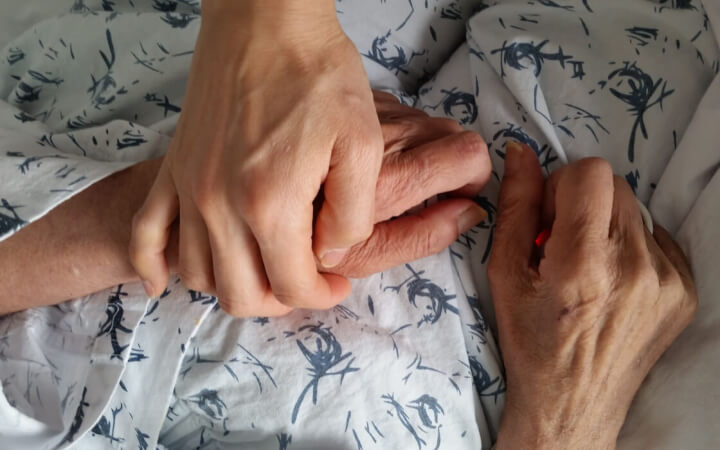What are my Duties When Acting Under a Power of Attorney?

Private Client Executive

It is always important to be forward-thinking when it comes to your finances.
It is never easy to think of a time where you or your loved ones are unable to make these fundamental decisions, but it is best to be prepared for this scenario. A practical approach to assuring someone's financial legacy, particularly for someone who is elderly and possibly vulnerable, is through appointing a Power of Attorney. While this helps in the protection of their finances, its duties can prove a difficult challenge if you've been appointed one.
What does Power of Attorney mean? In 1985, the Enduring Powers of Attorney Act was introduced and this enabled people for the first time to make Powers of Attorney to manage their finances. This is done through the appointment of one or more trusted people to make decisions for property and/or finances, to 'endure' any loss of mental capacity and oversee all matters. The later Mental Capacity Act 2005 replaced Enduring Powers of Attorney (EPA) with Lasting Powers of Attorney (LPA), but anyone appointed an EPA prior to this can still use it.
One of the main reasons that Lasting Powers of Attorney were introduced was as a response to the significant amount of misuse and fraud under the previous system. The terms of the original Enduring Powers of Attorney Act were considered too simplistic and without sufficient safeguards, which unfortunately allowed for numerous cases of people exploiting their power over another's finances.
The current Lasting Powers of Attorney forms offer greater protection and security for those lacking mental capacity. They contain a certificate vouching that the individual making the power understands the implications of giving such a great power to another person. The Office of the Public Guardian registers Lasting Powers of Attorney, confirming when they do so that they are valid and providing guidance as to how they are to be used.
What are my duties if I'm given Power of Attorney?
Being appointed Powers of Attorney gives you a great deal of responsibility over another's financial well-being, so it is important to know what is expected of you. This first duty may seem obvious, but a Power of Attorney can only be used to benefit the person who has made it. In practice, this means all payments should be made for their care, the upkeep of their property and their bills.
However, small gifts in line with those previously made by that person can be continued, as can charitable donations, but only if they can afford them. A lay attorney (someone who is not a professional acting as an attorney as part of their job, such as a solicitor or an accountant) cannot be paid for acting as an attorney, but can reimburse themselves for expenses when carrying out their duties (e.g. travel costs, stationery, postage). A professional attorney can be paid provided that this agreement was reached before the person lost capacity and the costs are reasonable. Professional attorneys also have a higher duty of care.
Overall, all managing of finances and property under a Power of Attorney must be done in the best interest of the donor. This can extend from banking accounts and pension plans to investments and the buying or selling of property. If you need any guidance on what can be considered reasonable actions, our experienced solicitors are more than happy to help. It is important to note that you can't make a will on behalf of a donor – in this instance you would need to apply for a 'statutory will' through the Court of Protection.
Staying safe under a Power of Attorney
Despite clear guidance and monitoring on the use of Powers of Attorney, cases of financial abuse by those appointed still take place. This is evident in the prosecutions under the Theft Act for an offence known as Fraud by Abuse of Position, and by the Court of Protection decisions that deal with the dismissing of an attorney and the appointment of a professional deputy in their place when any misuse of funds has occurred. If you are appointed a Power of Attorney, you have a duty to act in the best interest of the person in question, ensuring their financial security and prevent undoing the original agreement.
If you are in any doubt at any time as to what steps you can take under a Power of Attorney, whether you are asked to take on the role or appointing an attorney yourself, please do seek advice. Our team at Giles Wilson have a long-standing reputation of working hard to support the autonomy of elderly and vulnerable people, and to fight the financial exploitation of those who lack the mental capacity to manage their affairs.
For comprehensive Lasting Power of Attorney guidance, you can arrange a consultation with our solicitors in Leigh-on-Sea by getting in touch.




